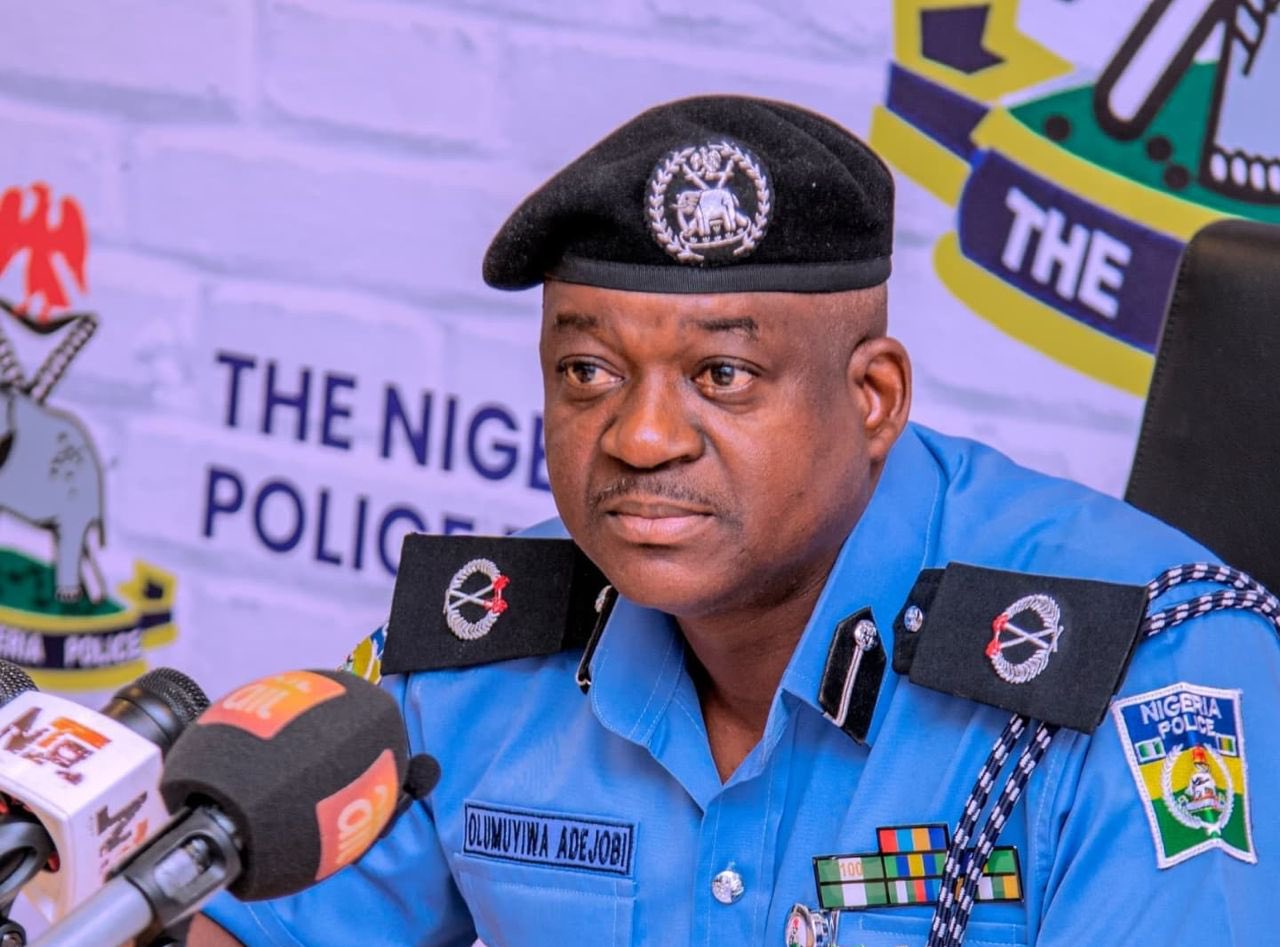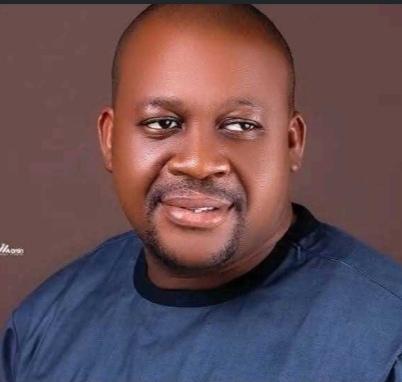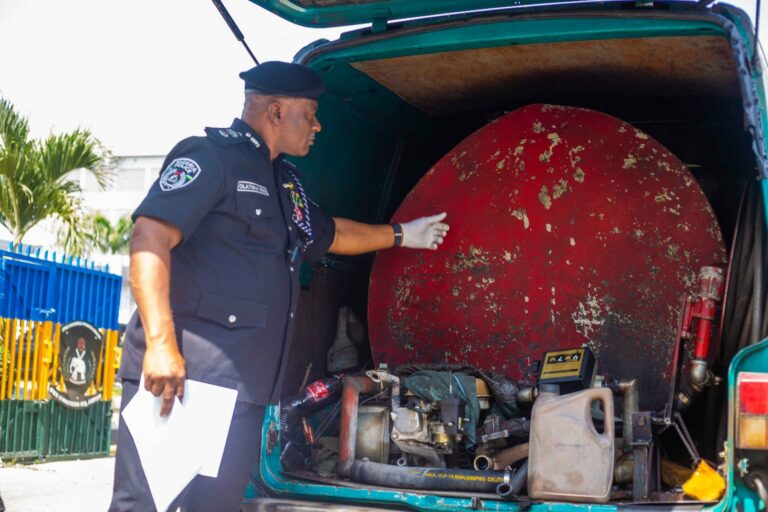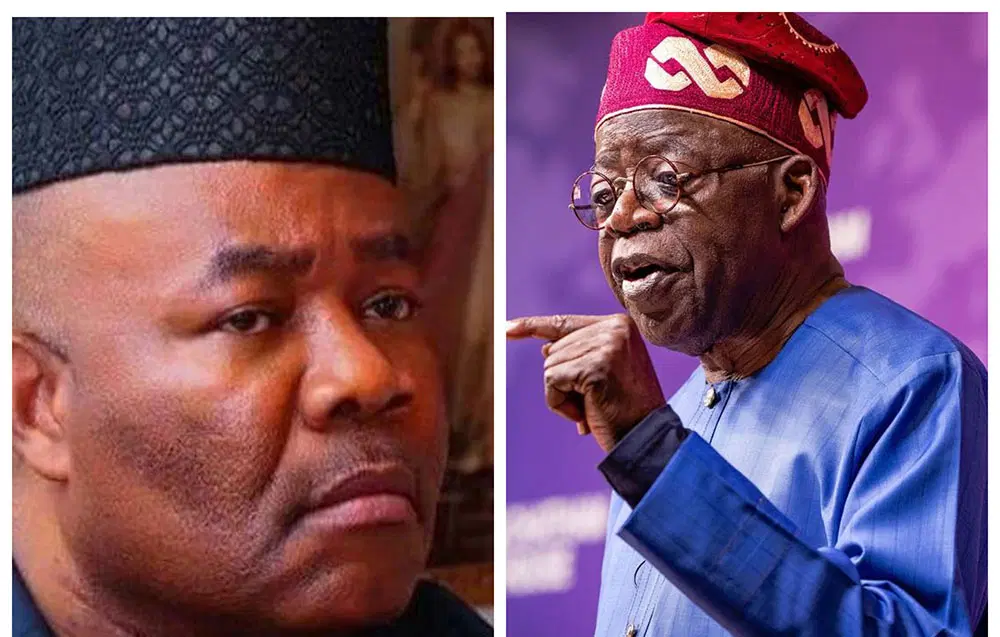A senior lecturer at the Nigeria Police Academy (POLAC), Dr. Moses Ichongo Ukeh, is currently battling what many have described as retaliation for blowing the whistle on alleged irregularities at the institution.
Nearly a year ago, Dr. Ukeh submitted a petition to the House of Representatives, accusing the academy’s management of serious governance failures. The petition listed the alleged removal of psychological screening from cadet admission procedures, which he claimed posed a risk to the quality of training at the academy.
He also alleged ethnic and religious bias in the treatment of staff and students, with promotions, offices, and accommodation reportedly denied to non-Muslims and non-indigenes. Other allegations included irregular staff salary deductions and poor welfare conditions.
Rather than launching an investigation into the claims, POLAC management reportedly placed Dr. Ukeh on interdiction without following due process — a move critics say contravenes public service rules.
The matter is now before the courts, as Dr. Ukeh seeks redress over what he describes as unfair treatment and abuse of power.
His case has sparked fresh debate over whistleblower protection in Nigeria’s public institutions. Rights advocates have warned that without legal safeguards for individuals who speak out against corruption and maladministration, public sector reform will remain out of reach.
Attempts to get a response from the Police Academy management on the allegations were unsuccessful as of press time.
Dr. Ukeh’s supporters say his ordeal highlights the broader challenges of transparency and accountability in Nigeria’s public service.
“This is not just about Dr. Ukeh,” a civil rights lawyer familiar with the case told SalvoNewspaper. “It is about the kind of country we want to build — one where truth is punished or one where it is protected.”
The outcome of the ongoing legal process is expected to set a significant precedent for future whistleblower cases in Nigeria.
